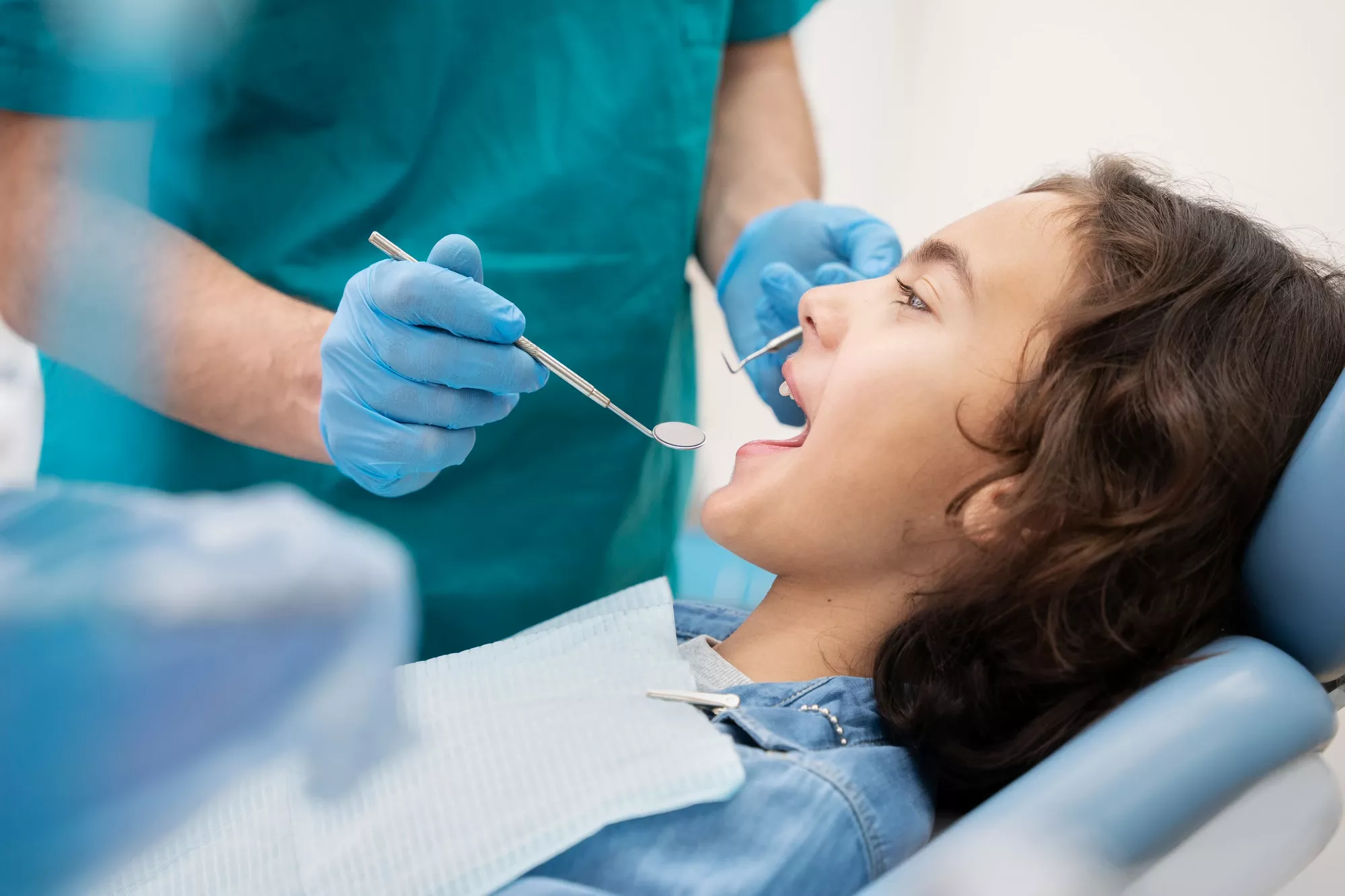

Please add some widget in Offcanvs Sidebar



Hey, future dentist
If you’re prepping for the INBDE and ethics questions are throwing you off… you’re not alone.
I can’t tell you how many international students tell me during our free 30-minute orientation:
“I thought I’d just go with my gut on the ethics section.”
But let me tell you something I’ve learned after years of coaching students from all over the world:
Your gut doesn’t always align with the exam creator’s expectations.
And when it comes to ethics on the INBDE, it’s not about what feels right—it’s about what a licensed U.S. dentist is expected to do.Let’s unpack why this section is so tricky, and how we train for it at Dentabest—not by guessing, but by thinking like the test-maker.
The INBDE ethics section doesn’t test textbook facts. It tests how you think when faced with ambiguous, emotionally complex, or legally sensitive situations.
Questions often have multiple “good” answers—and only one that aligns with professional standards.
If you trained outside the U.S., you might have different instincts around hierarchy, authority, or disclosure. That’s normal—but it can affect how you answer. I help you bridge that gap.
They’re written to test your ability to interpret context, assess risks, and balance duties. That ambiguity is intentional. At Dentabest, I train you to handle that ambiguity with confidence.
Some students think, “This sounds wrong—so it must be wrong.” But the INBDE wants you to consider consent, documentation, and professional standards—not just feelings.
Your personal ethics might differ from the American Dental Association (ADA) Code of Ethics. That’s okay—but for the exam, ADA standards are what count.
In scenarios involving assistants or hygienists, many students assume “It’s not my responsibility.” But in U.S. dentistry, you’re accountable for your entire team.
Do you know what you’re legally allowed to do? What must be referred? What must be documented?
Even if a patient refuses care, you still have to respect their choice—but document it carefully.
What if a patient is upset? Or a colleague crosses a line? The exam wants to see that you’ll respond with professionalism—not emotion.
Here’s how I teach ethics to my students at Dentabest—especially international candidates who didn’t grow up with the ADA framework.
I break the code down into digestible parts:
We go through each one with real-world examples, so you don’t just memorize—you understand.
I teach a simple question to ask on every ethics scenario:
“What action shows the most respect for patient rights while following legal duty?”
This keeps you grounded when options feel too similar.
We analyze what the exam writer was testing.
Was it about informed consent? Chain of command? Confidentiality?
Once you understand why the question exists, you stop guessing—and start scoring.
I bring up real exam-style scenarios during live calls. We talk through them, break down your thinking, and align it with INBDE logic.
Sometimes, we simulate the scenario. I’ll act as the patient, the assistant, or even the angry colleague. You learn how to respond like a professional.
I’ve built a bank of tricky ethics questions that mimic the INBDE. And after each mock, we review your answers—not just for correctness, but for reasoning.
Ethics isn’t about memorizing “what’s right.” It’s about seeing people—patients, coworkers, the public—and knowing how to make decisions that protect them and honor your profession.
That’s a skill we can build.
That’s what I help you do—with structure, support, and strategy.
If you’re worried about this section, let’s talk. You don’t have to figure it out on your own.With empathy and belief in your journey,
Dr. Sehar
Director & CEO, Dentabest INC.
Yes! Ethics and patient management are heavily weighted in the integrated format. You can’t afford to skip them.
Not word-for-word. But you need to understand the principles deeply—and apply them. I teach you how.
Absolutely. We use realistic, exam-style questions and go over each one together.
No problem. That’s exactly what I specialize in—guiding international students step-by-step through U.S. dental expectations.
Yes! During the orientation, I’ll assess your readiness for ethics and share how we can tailor your prep.
Just visit Dentabest.com or message me directly. We’ll create a plan that fits your timeline and goals.
Want to master the most misunderstood section of the INBDE?
Let’s start with a free 30-minute orientation—and build your strategy from there.
WhatsApp us